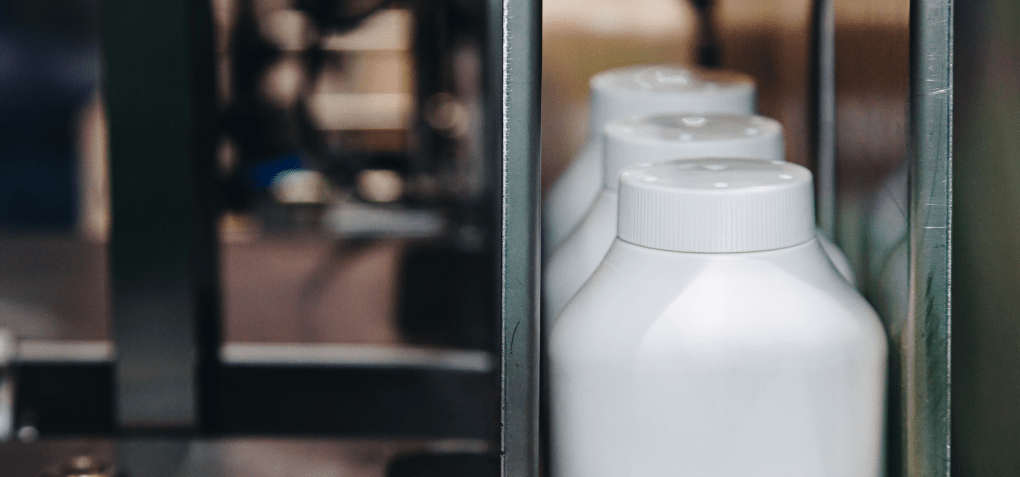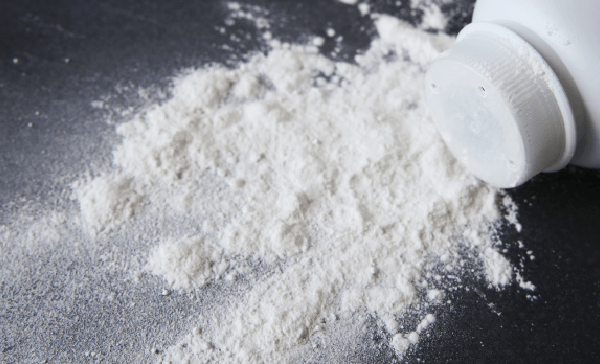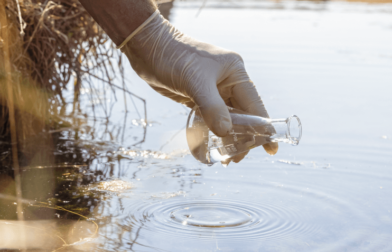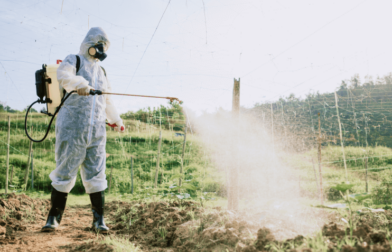How Are Talc Products Regulated and Tested for Safety?

With so much recent concern over the talc product safety, many people are wondering how is it that talc can be dangerous? Isn’t it tested for safety? But, while the FDA can step in after a product is proven to be hazardous, the companies are free to test the safety of their products, and the results don’t need to be shared with the FDA.
Many people think cosmetics must be FDA-approved before going on the market. This isn’t true under current government regulations of the Federal Food, Drug and Cosmetic Act (FD&C Act). The Act says that cosmetics must be labeled correctly and that they must be safe for their intended purpose.
However, the current law doesn’t require the manufactures to share the results of their talc product safety tests with the FDA.
Furthermore, when research suggests that a cosmetic ingredient or product is unsafe, the FDA’s role is limited. For instance, in 2017 three of Claire’s makeup products tested positive for asbestos. The FDA recommended that Claire’s recall the affected products, but the company had the option to refuse, and in this case they did. They have since removed the products in question. Because the FDA cannot force a recall, they issued a safety alert.
What Are the Regulations on Manufacturing Cosmetics?
Except for color additives, cosmetics are not FDA-approved. This means that the FDA doesn’t hire anyone to look over the manufacturer’s lab test results before the product is sold to the public. However, the FDA does regulate cosmetics, so there are specific standards that cosmetic companies have to meet.
For example, while manufacturers may use any ingredient in their product that they want, their products must:
- Use ingredients that are safe to use the way the product is intended to be used
- Be properly labeled
- Must not be packaged in a container that could be dangerous to people’s health
- The package needs to have directions for proper use
The FDA can step in once sound scientific research proves that an ingredient is harmful. However, what they can do is limited. They can release safety alerts about potential dangers, and suggest the company recall a hazardous product. But, manufacturers do not need to share the results of their safety tests with the FDA, and the choice to recall a cosmetic is voluntary.
Advocates Say Cosmetics Regulations Are Outdated
The regulations surrounding cosmetics haven’t been updated since 1938. In light of the discovery of asbestos in Claire’s and Justice makeup, many advocates are calling for a change. These advocates want to see the regulations tightened to reflect the changes in technology and research that have occurred since the last rules were put in place.
Following the FDA’s findings of asbestos in Claire’s and Justice makeup, a bipartisan bill has been proposed to update cosmetic regulations. This Personal Care Products Safety Act would:
- Require the FDA to study five cosmetic ingredients a year to determine how safe they are and what a right concentration would be in different products
- Allow the FDA to issue recalls on products that are found to be dangerous
- Give the FDA the authority they need to require that product labels say whether or not the ingredients are safe for children and if the product should be professionally administered
- Call for companies to report adverse events to the FDA within 15 days
- Require companies to register with the FDA and share their ingredient lists with them
Preventing Talc-Related Ovarian Cancer
The current system isn’t based on avoiding health risks—it’s only based on reacting to issues as they arise. All consumers should know what’s in their products and manufacturers should be held accountable to higher safety standards.
Take time to learn more about talc product safety, talcum-powder cancer and asbestos-contaminated talc. And contact LawFirm.com for a free legal case review if you have developed ovarian cancer as a talcum powder consumer.
Sources:
“FDA Authority Over Cosmetics: How Cosmetics Are Not FDA-Approved, but Are FDA-Regulated,” U.S. Food and Drug. Retrieved from: https://www.fda.gov/cosmetics/cosmetics-laws-regulations/fda-authority-over-cosmetics-how-cosmetics-are-not-fda-approved-are-fda-regulated#Does_FDA_approve. Accessed May 9, 2019.
“FDA finds asbestos in three Claire’s cosmetics products,” Reuters. Retrieved from: https://www.reuters.com/article/us-fda-claires-asbestos/fda-finds-asbestos-in-three-claires-cosmetics-products-idUSKCN1QM2DD. Accessed May 10, 2019.
“Good Housekeeping Institute Endorses Personal Care Products Safety Act,” United States Senator for California Dianne Feinstein. Retrieved from: https://www.feinstein.senate.gov/public/index.cfm/press-releases?ID=FB9ED125-C547-4155-A23F-A731F06C607C. Accessed May 9, 2019.
“Is It Really ‘FDA Approved?’,” U.S. Food and Drug. Retrieved from: https://www.fda.gov/consumers/consumer-updates/it-really-fda-approved. Accessed May 9, 2019.
“Talc,” U.S. Food and Drug. Retrieved from: https://www.fda.gov/cosmetics/cosmetic-ingredients/talc. Accessed May 9, 2019.
Written by: LawFirm.com
LawFirm.com makes it easier to take legal action. We have information, lawsuit guides, and breaking news about drugs, products, and other issues that could affect you.



